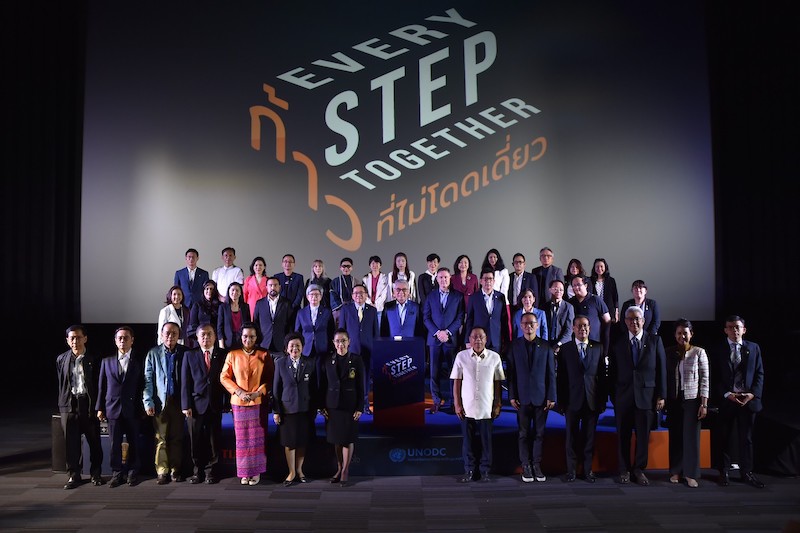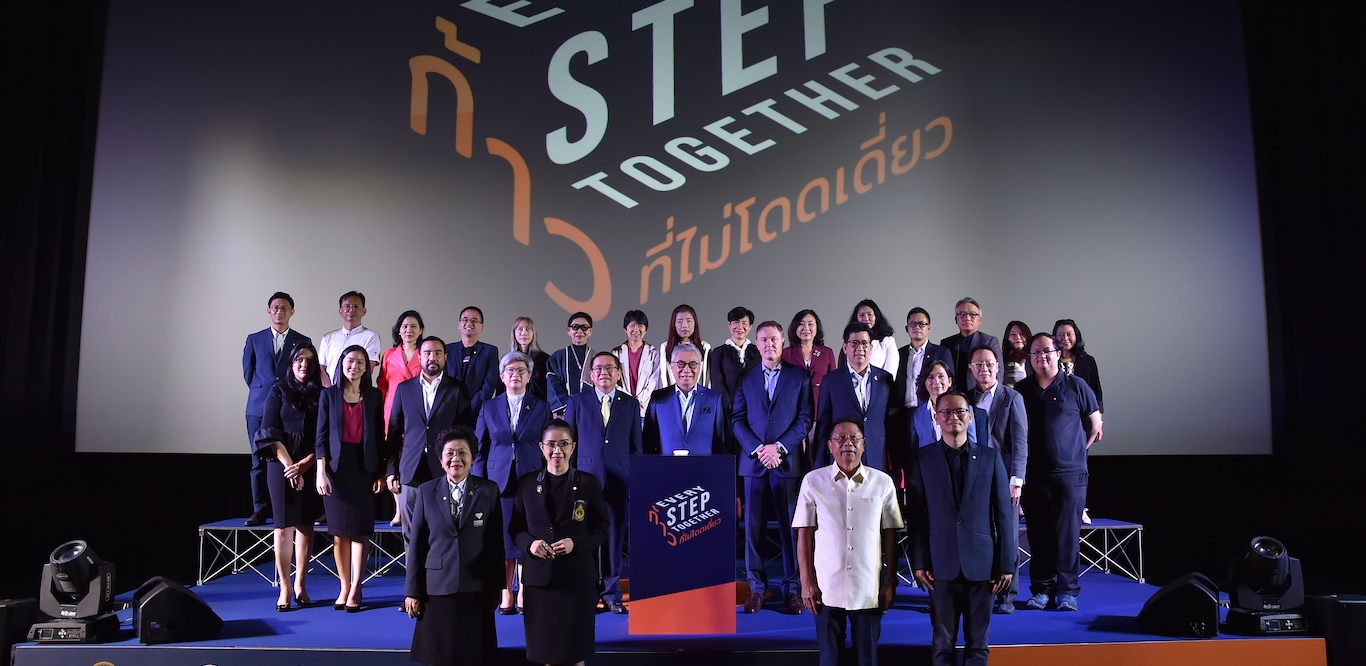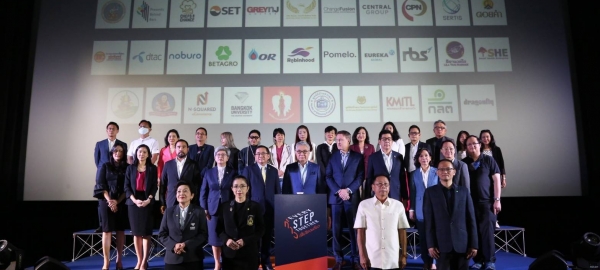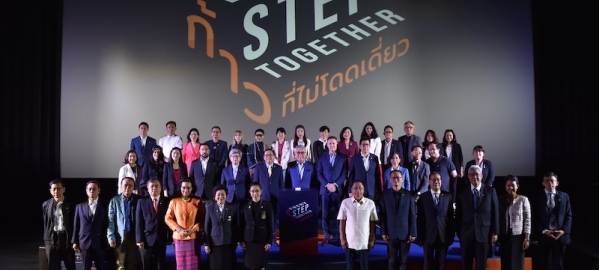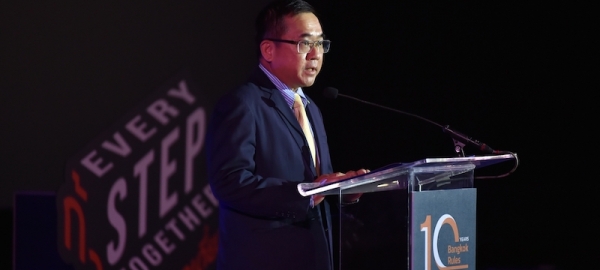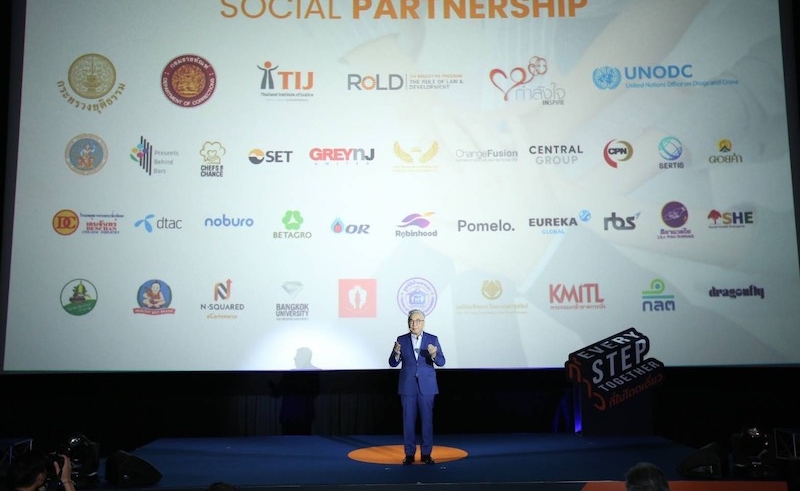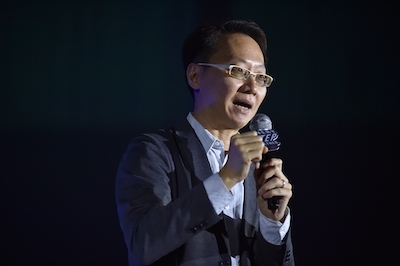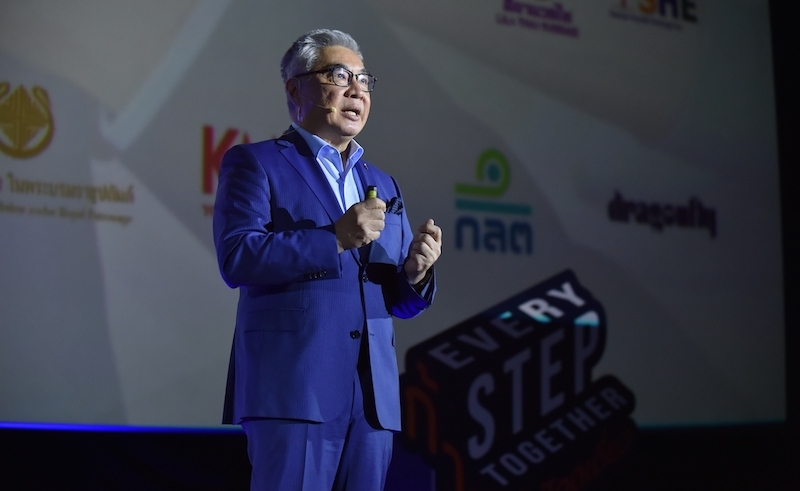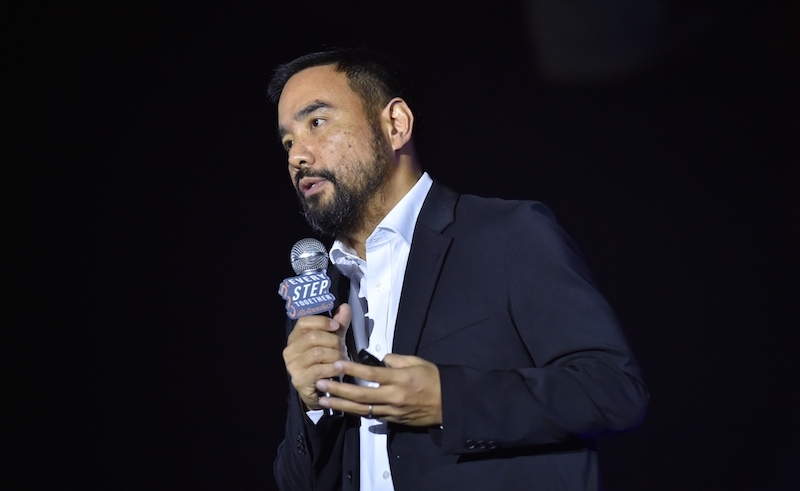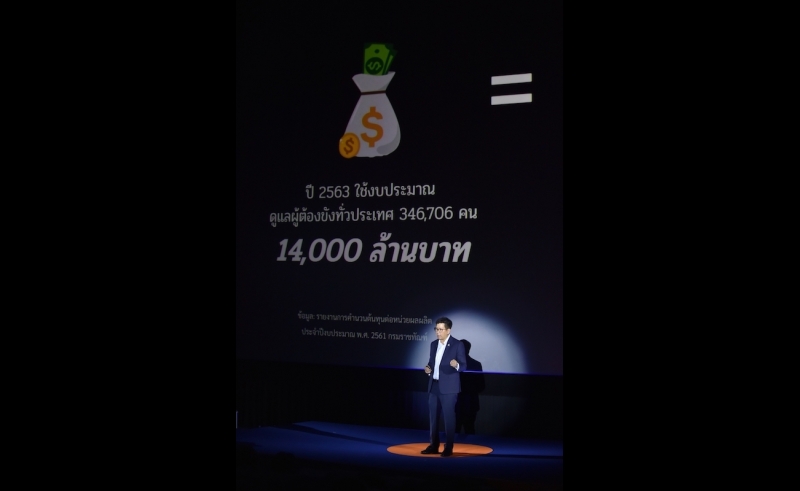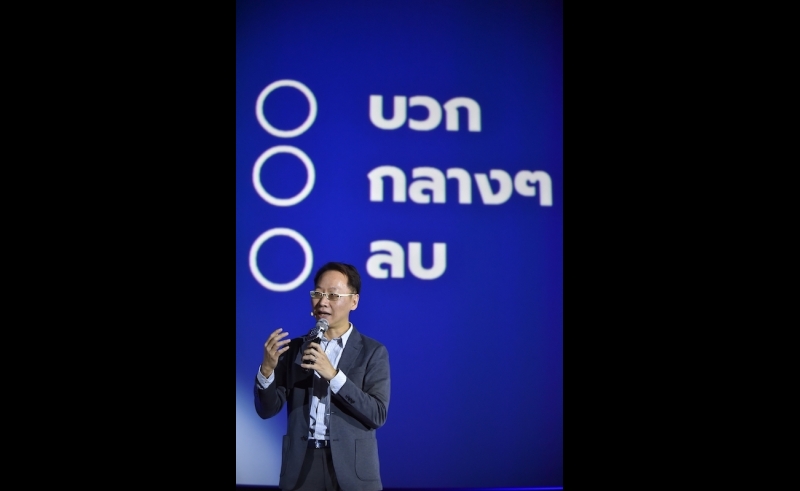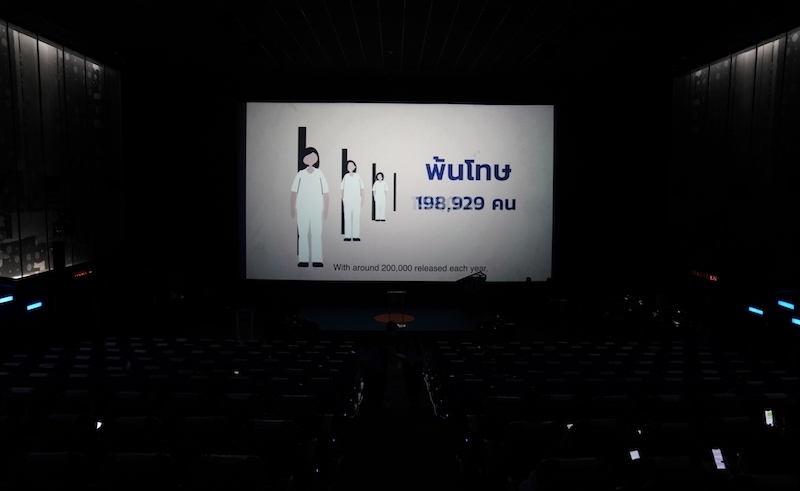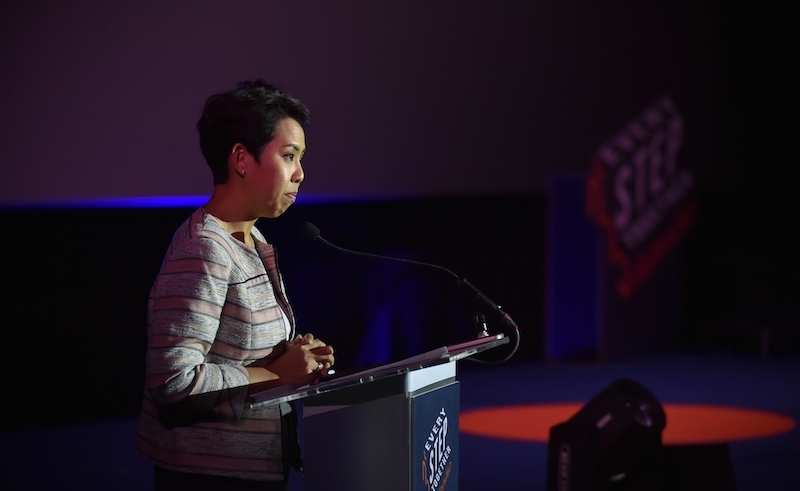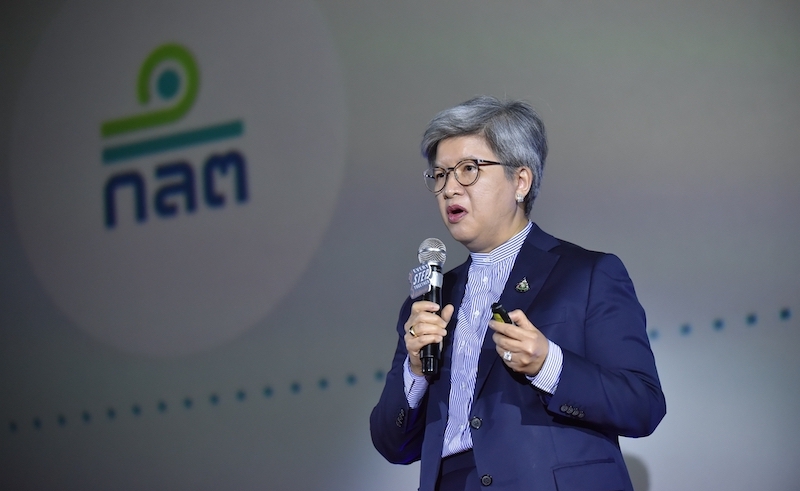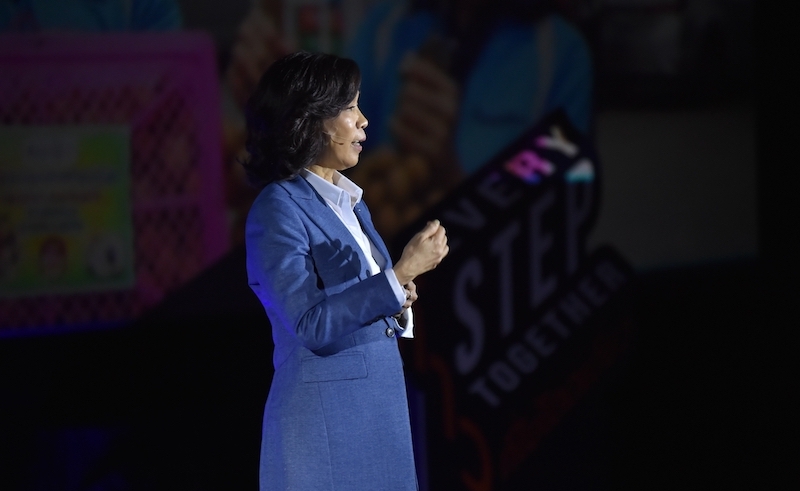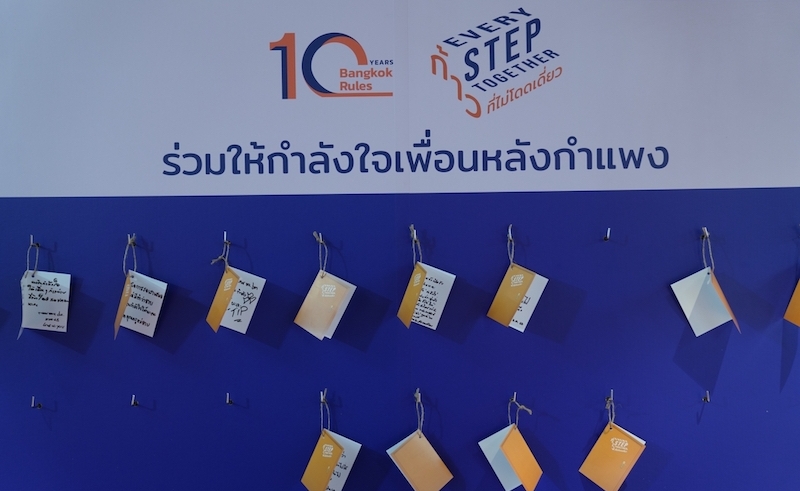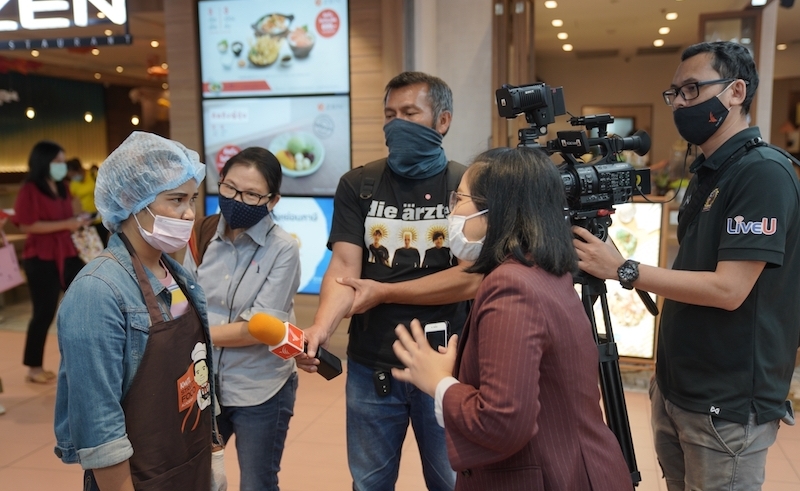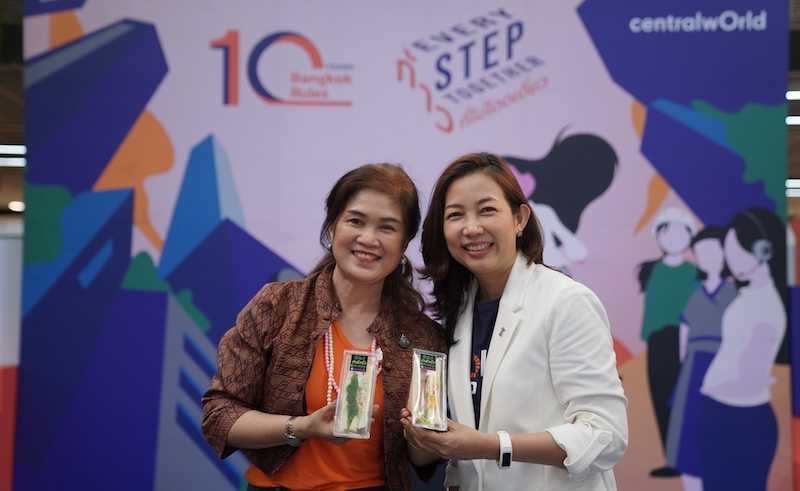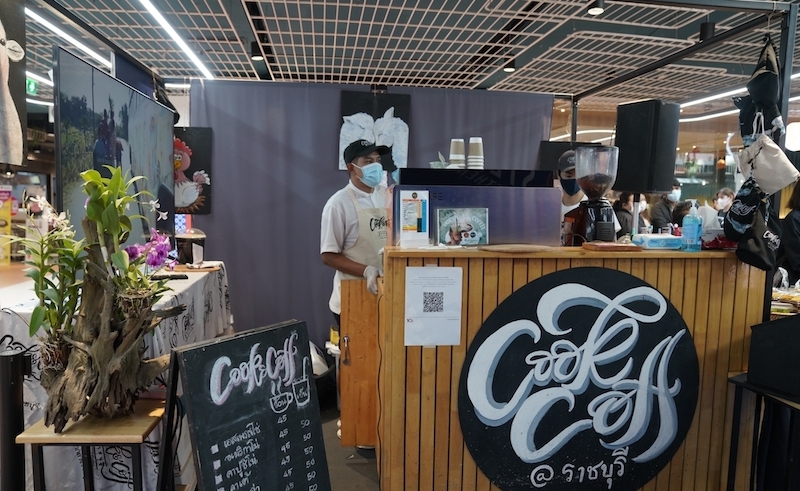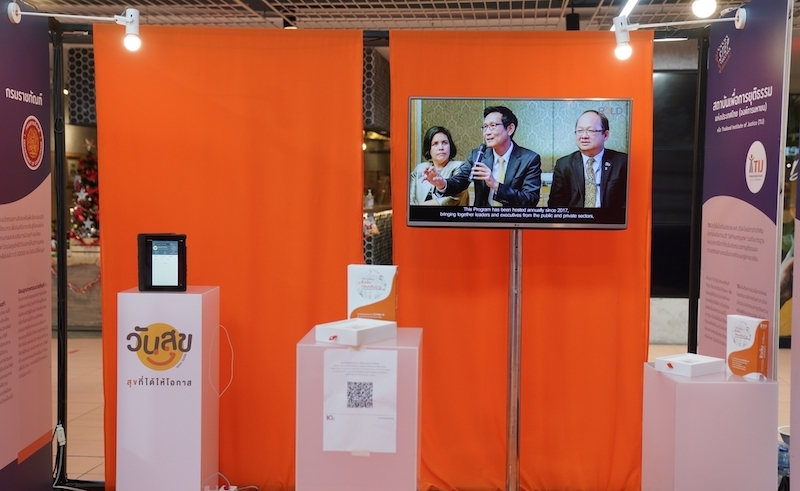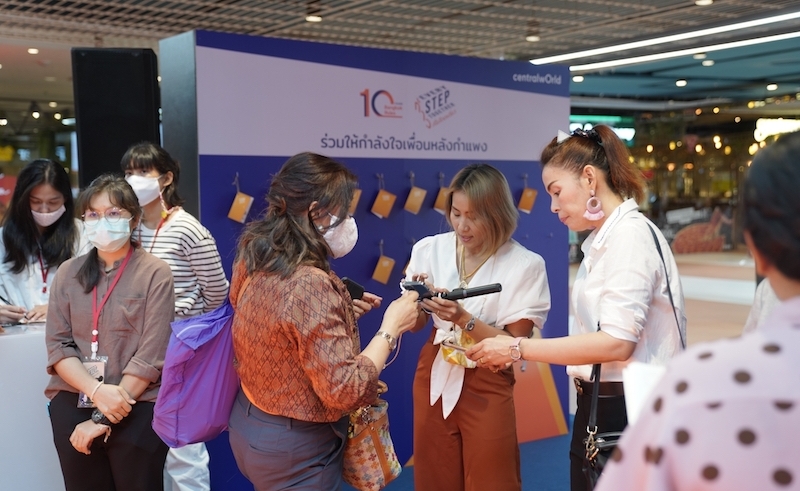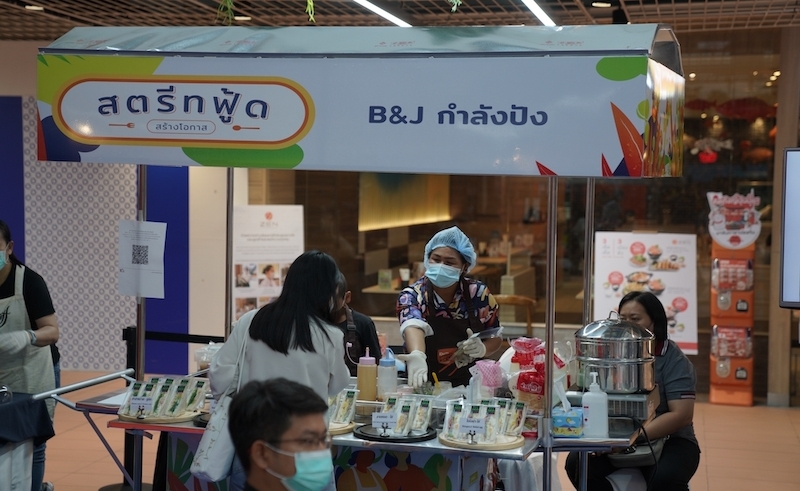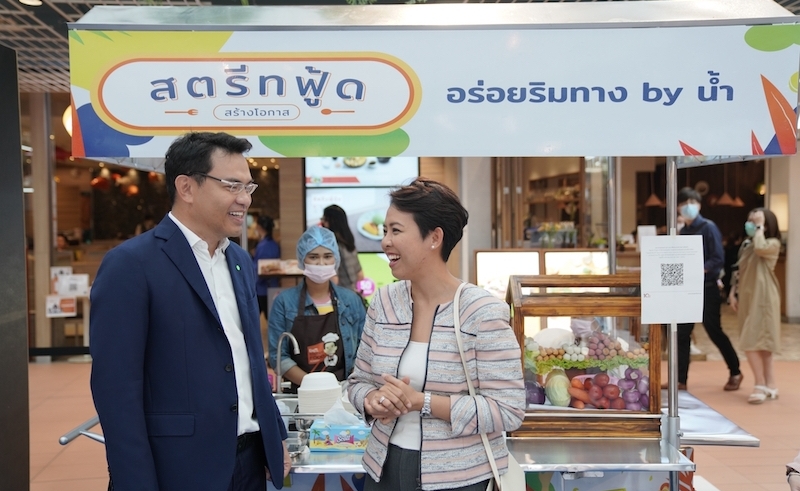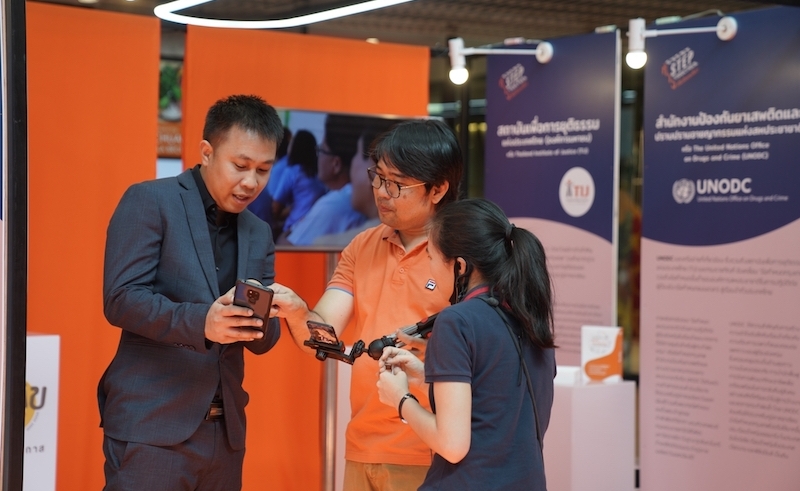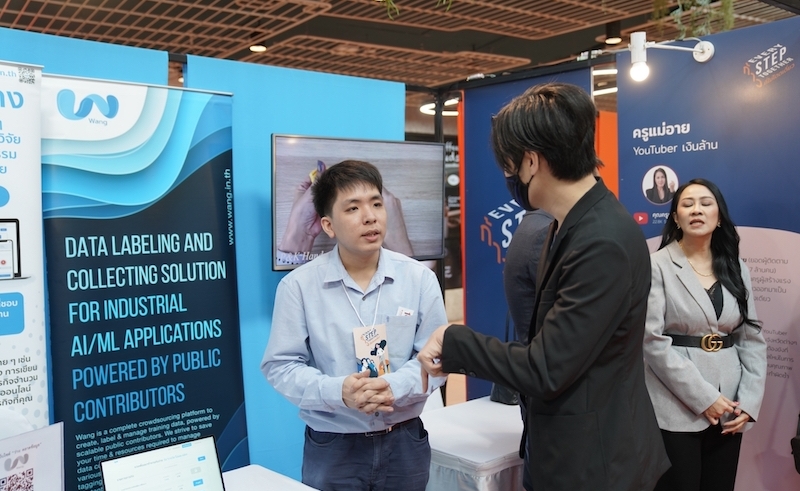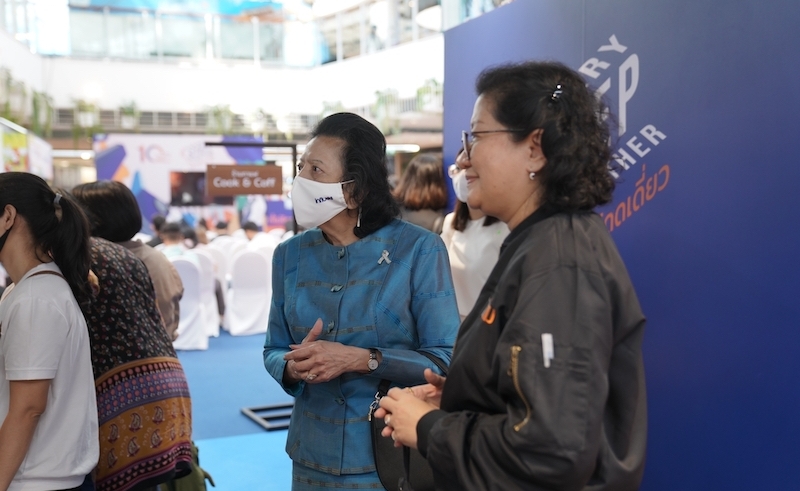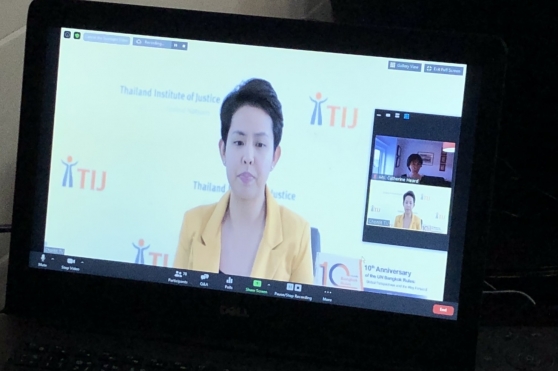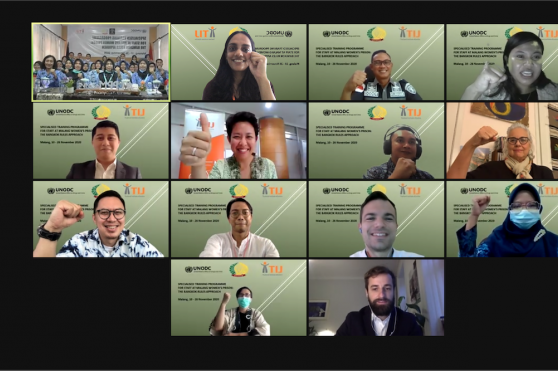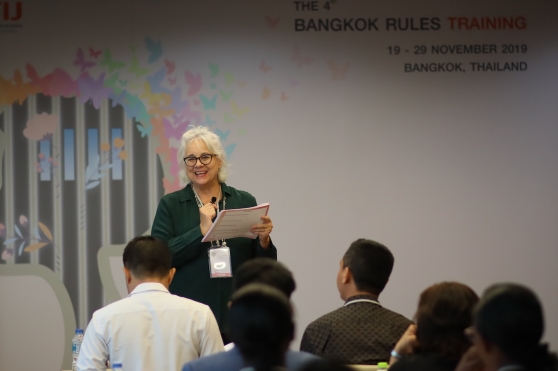TIJ emphasizes mind-set shift and social partnership in improving prisoners’ quality of life in a comprehensive fashion
Thailand has seen a fruitful decade of formulating and implementing deliberate policies on fair treatment of prisoners, especially female inmates. This vulnerable group has to face challenges in a space mainly designed for men.
October 31, 2006, marked the inception of “Inspire,” initiated by Her Royal Highness Princess Bajrakitiyabha Narendiradebyavati, who recognized the importance of women prisoners and their children who are usually neglected by the justice system. Later on December 21, 2010, the effort has led to “The Bangkok Rules” formally known as “United Nations Rules for the Treatment of Women Prisoners and Non-Custodial Measures of Women Offenders.” Currently globally embraced, they cover a set of rules and measures tailored to women prisoners who have not been properly accommodated in a predominantly male environment, resulting in limited chance of rehabilitation. The nickname “Bangkok” acknowledged by the international community suggests hard work and commitment by Princess Bajrakitiyabha and Thailand Institute of Justice (TIJ), a public organization directly responsible for this monumental mission.
However, the nature of a structural, societal situation entails complicated, manifold issues and solutions. Now, Thailand is experiencing the problem of overcrowded prisons and the cycle of recidivism: Thai prisons, built to host 200,000 prisoners, are registered with over 346,706 inmates – 43,599 of whom are women (as of December 1, 2020), a record high in over half a decade of data collection. The number, which has been constantly on the rise since 2006, is the sixth highest in the world and highest in the Southeast Asian region. Moreover, most of the prisoners are charged with drug-related (79%) and property-related (11%) offences. Each year, over 200,000 prisoners are released. However, 15% or around 30,000 go back to prison within one year. The figure increases to 32% or around 64,000 within a period of three years. The figure reflects the unfortunate reality of missed opportunity for inmates to embark on a well-settled career and return to normal society.
Most importantly, these issues, coupled with the lack of labor in Thai society, particularly require attention and scrutiny. Thailand is experiencing a shortage of workers across business sectors due to economic and population problems. Meanwhile, over 70% of discharged prisoners in the country are 21-40 years old. More likely than not they will end up unemployed due to stigmatization and unmatched skills. Filled with potential to become a valued worker given the opportunity and proper training, they can become part of national solutions.
Therefore, TIJ, in collaboration with the Kamlangjai Project under the Royal Initiative of Her Royal Highness Princess Bajarakitiyabha (Kamlangjai Project) and the Department of Corrections, organized “Towards the 10th Year of the Bangkok Rules: Enhancing the Power of Social Partnership” activity under the concept “Every Step Together”. The event was held on December 18, 2020, to mark the TIJ’s anniversary and drive forward its missions of assisting inmates, especially women offenders, to develop skills that are needed by society so that they have a fresh chance to start a new life in an efficient way while also preventing recidivism and tackling overcrowded prisons.
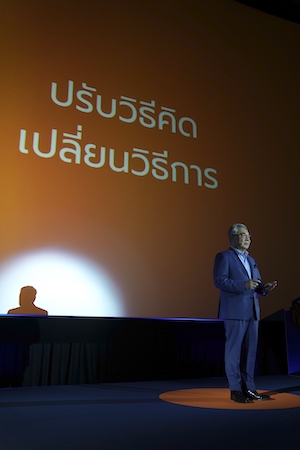 Prof. Dr. Kittipong Kittayarak, TIJ Executive Director, said that, “Besides all the practicalities, one of the most important factors is a mind-set change. A prison should not be about punishment, but rather a space of opportunity to restore prisoners back to the society.”
Prof. Dr. Kittipong Kittayarak, TIJ Executive Director, said that, “Besides all the practicalities, one of the most important factors is a mind-set change. A prison should not be about punishment, but rather a space of opportunity to restore prisoners back to the society.”
It is important to create a supportive ecosystem that allows all sectors to join the government in sustainably creating a long-term career, he said.
A key measure introduced by TIJ is a training program which focuses on skills the market requires, especially digital employability such as online content creation and delivery platform enhancement.
Another measure is to incentivize businesses to hire released prisoners with high potential, including giving corporate income tax exemption to companies that offer ex-prisoners employment.
Furthermore, TIJ promotes the “Micro Entrepreneurship” program, including Street Food Academy, a project in collaboration with King Mongkut's Institute of Technology Ladkrabang, Kamlangjai Project, and the Department of Corrections. The project furnishes selected, well-prepared prisoners with knowledge of entrepreneurship and online retail sales as well as recipes, food truck training, and cooking skills.
Prof. Dr. Kittipong stressed that TIJ and prisons cannot achieve all that is necessary alone: “Securing chances and opportunities for prisoners requires the help of everyone in public and private sectors and the general public. Only with hands joined together can we achieve sustainable solutions to this issue.”
In the event, over 30 companies pledged social partnerships to create more opportunities for prisoners and include them as part of the nation's important human resources.
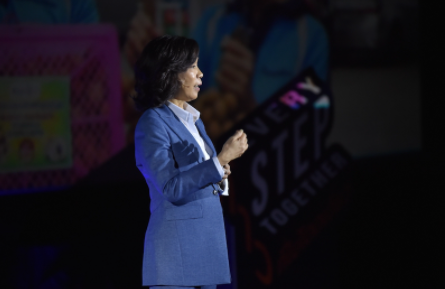
One such company embracing the inclusive guideline is PTT Oil and Retail Business Public Company Limited (OR). Ms. Jiraphon Kawswat, OR President and Chief Executive Officer, revealed that the company focuses on human resources both inside and outside the corporation, starting from its business plan.
“We have upgraded our infrastructure to incorporate audibly impaired persons, the elderly, veterans, and prisoners into our workforce in ways that provide them opportunities to earn a decent living,” she said.
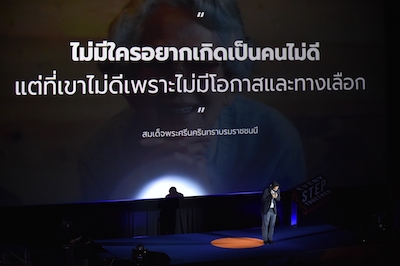
This principle resonates well with what M.L. Dispanadda Diskul, Chief Executive Officer, Mae Fah Luang Foundation, noted: “Real change will occur when we give them a chance to see what they can do instead of what they have done. When they are given a chance, a job, a safe space, and dignity, they have something to lose. That's when they get away from illegal life.”
Prof. Dr. Kittipong concluded that: “The social partnership is of paramount importance. When everyone recognizes goodwill and takes matters into consideration in their policies, we believe that the many issues Thailand faces will be eased and eventually solved together – because justice is everyone's matter.”
